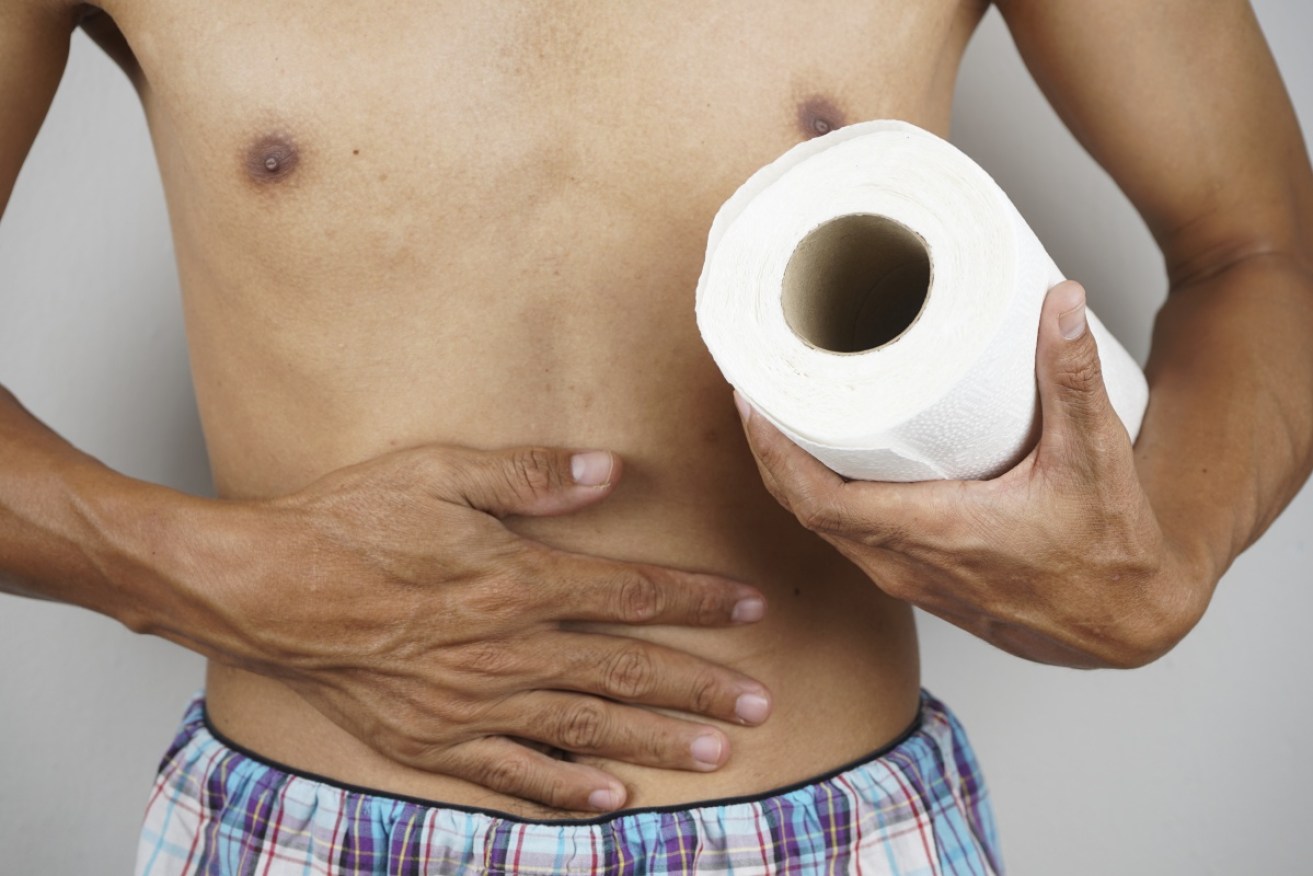Signs your gut health is out of balance


10.7 million Australians complain of some form of digestive problem. Photo: Getty Images
Few care to discuss it. But many of us have experienced it. Stomach upsets are uncomfortable, embarrassing and at times worrying.
Though the odd rumble or gurgle after a rushed lunch might not be cause for concern, dietitians say that some symptoms could signal an imbalance in gut bacteria.
So, what are the clues that something might be off?
“In a normally healthy person, signs of gut health problems could be cramping, abdominal pain, flatulence more than usual, or bowel changes,” accredited practising dietitian Joyce Haddad told The New Daily.
Sometimes these symptoms are accompanied by nausea or vomiting.
If the symptoms last more than a few days, the first step is to see a GP who can test for medical conditions such as irritable bowel syndrome. Once serious medical concerns are ruled out, Ms Haddad said it’s time to take a closer look at the foods that could be “triggering” the problem.
“A dietitian would eliminate particular foods … and then slowly reintroduce them one at a time,” Ms Haddad said.

Onions and garlic can trigger intestinal problems in some people, according to dietitians. Photo: Getty
Each person will react differently to certain foods. However, some of the most common triggers are foods that contain lactose (such as milk and soft cheeses), wheat products, legumes, beans, garlic and onion.
But before you banish the dairy or trash the breadbasket, experts say that cutting out entire food groups could be detrimental to your health.
“You might be missing out on key nutrients, or resistant starch which is one of the things that feeds good bacteria in the gut,” Ms Haddad said.
“There’s a thin line between keeping the microbes thriving but also reducing symptoms,” she said.
Other signs of poor gut health might not be obvious to the naked eye. The bugs living in our gastrointestinal tract – known collectively as our microbiome – have different functions, and scientists are still unclear how these are linked to disease.
It’s a colossal challenge with a microscopic solution, according to Dr Alena Pribyl, a senior scientist based in Queensland who is looking to our DNA to uncover more clues.
She is part of an Australian team which recently launched a new DNA- sequencing technology available direct to consumers, called the Microba kit.
Developed in collaboration with the University of Queensland, Dr Pribyl told The New Daily that the test provides a “hi-resolution snapshot” of all the bugs and critters that make up the ecosystem in the intestine.
“The key difference with this test is that we’re not only looking at the bacteria, but also fungi and protists for a complete picture of what’s happening in your gut,” she said.
For $349 (a gut-churning figure for some), you can order the test online, send off your faecal sample, and expect the results to roll in within three-to-four weeks.

Australian researchers have developed new DNA-sequencing technology to analyse the bacterial species and other micro-organisms, such as fungi and protists, in your gut microbiome. Photo: Microba
While the test is not a diagnostic tool, Dr Pribyl said it empowers people to take control of their personal health.
If DNA testing is not for you, head of translational nutrition science at Monash University Dr Jane Muir advises taking the do-it-yourself approach.
“You can actually learn a lot by looking at the toilet bowl. You don’t need an analysis for that,” she said.
If your bowel movements are ‘regular’ then you’re on track for good gut health, Dr Muir said. Increasing your dietary fibre intake adds to that ‘regular’ feeling, according to Dr Muir, who cautioned against eating too much too quickly.

Microscopic view of faecal bacteria. These bacteria and other microorganisms are a normal part of the flora found in the intestines and aid healthy digestion. Photo: Getty
“Too much fermentation can be uncomfortable. But that’s because the body’s adapting to more fibre. Hang in there and introduce fibre slowly,” Dr Muir said.
High-fibre foods include wholegrain breads, cereals and pastas, brown rice or quinoa, fruit and vegetables.








